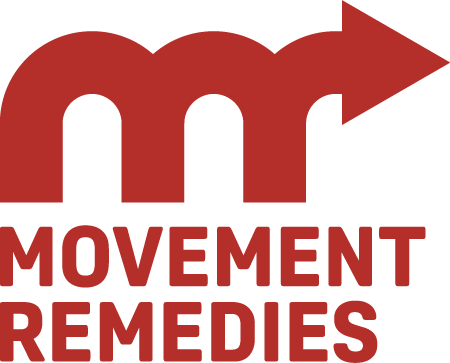What is Radical Stress Resilience?
Stress management as a term really rubs me the wrong way. It’s as if it’s a skill you can acquire, like reading profit and loss statements. It presumes that when a person experiences negative consequences as a result of a stressful environment, there is some inherent flaw in the human being that makes them unable to “cope” with the demands of the workplace. It suggests that this problem of relentless, unforgiving stress can be solved only by enhancing that person’s skills…..perhaps through training or coaching or leadership experience or some other management euphemism for “getting better at your job.”
But if you really get honest with yourself, you know the truth: the system is the problem, and it always has been. The problem, is that we accept a standard for our own wellness that is way below what we actually need.
The corporate world wants us to believe that the ability to “manage” stress is just a muscle that you work and strengthen over time. In response to employee burnout and high turnover, executive teams schedule “Stress Management” classes, and chair massages during lunch breaks, and summer picnics with everyone’s families, in order to give the illusion that they are doing everything in their power to make the workplace “fun” and….isn’t that enough?!
Surely if you could just lighten up a bit and feel grateful for the free snacks in the break room then the long work hours, the toxic power dynamics and the hostile coworker interactions just wouldn’t bother you so much. Oh, and it wouldn’t bother you that your family can barely afford health insurance.
All of this to me smells a whole lot like patriarchy. It smacks of, “Come on, girl, just relax,” in a world whose rules I didn’t write. We entered the workforce and we have made big improvements, but in reality the rules of the corporate game were written long ago by straight, white, men. This whole approach just doesn’t work anymore.
So we’ve got to equip ourselves with some Radical Stress Resilience.
Priority #1: Get acquainted with your unique early warning signals.
The reason stress matters is because when it becomes chronic, it messes with physical and mental health big time. I am talking heart disease, inflammation, joint pain, digestion issues, the works. But most people have been so programmed to disconnect from their own bodies that they don’t even realize they are experiencing the negative effects of chronic stress until the physical symptoms are upon them.
And it is much harder to reverse those effects than prevent them in the first place. So we have to tune into the quieter, subtle tremors that meltdown is approaching and intervene then.
Priority #2: Learn what your body needs to reverse the downward spiral into a permanent state of fight, flight or freeze.
Once we actually learn the early signs that stress is wreaking havoc on our minds and bodies, we need a strategy to get back on the path toward a healthy balance. Stress in short bursts is fine, but when it’s constant it becomes destructive to virtually all our body’s systems. We are each unique human beings so we each need different things.
It takes some self-discovery; some trial-and-error, to get to the bottom of how to reset the nervous system before meltdown. Different tools will probably work in different scenarios, so we need a robust toolbox of available options. A good place to start is becoming aware of when your body feels content.
Priority #3: Push back against the normalization of overwhelm
While the real issue is our social norms around work, productivity and health, I don’t think we will get far trying to push back against the system before we take care of ourselves first. This is why Priorities 1 and 2 are self-care. But once we have what we need to be resilient in our stress-obsessed environment, then, we’ve got to start working to flip the script. This is where the “Radical” part comes in.
For those in positions of power, it’s time to make health and well-being a human right. It’s time to make it acceptable to discuss the challenges of stress with our teams and make sure they have what they need to thrive. We need to make it normal to take health and movement breaks throughout the day. Let’s rewrite the definitions of success and productivity in a way that centers on our humanity and the healing power of community. Let’s reject the rules of the game altogether.
Does this sound like something you want to be a part of? Then the Radical Stress Resilience workshop is for you. Get ready for some movement, discussion, reflection, and journaling to help you analyze and rethink your relationship to life’s many stressors.
Events coming up:
In the Movement Remedies studio, January 27, 2024 at 11 am
Virtually, for the Chronic Boss Collective (members only)
Virtually, March 23, 2024 at 11 am
